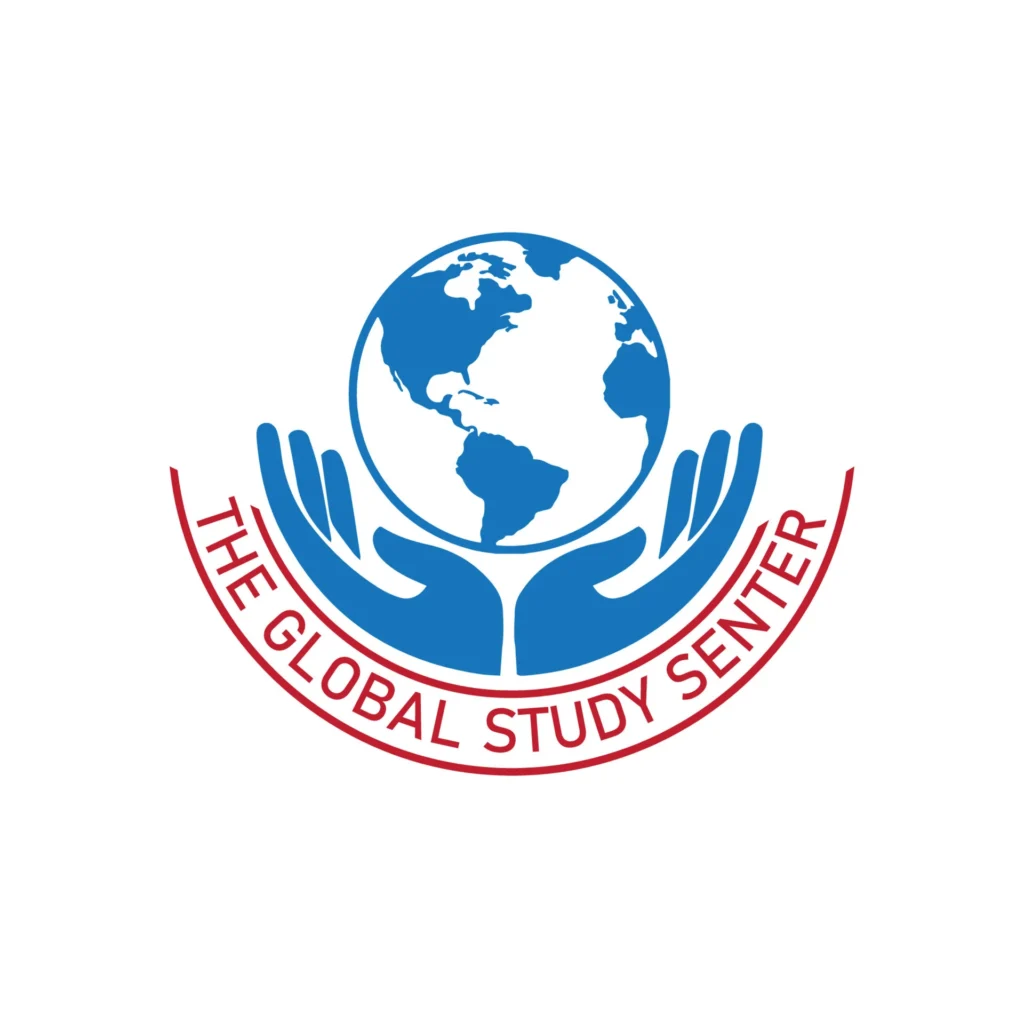In an increasingly interconnected world, Global Studies programs are gaining prominence in universities around the globe. These interdisciplinary programs equip students with the knowledge and skills necessary to navigate the complexities of global issues, cultures, and systems. This article explores what Global Studies entails, the types of programs available, their benefits, and the career opportunities they present.

About Global Studies Programs
Global Studies programs focus on understanding the intricate dynamics of global interdependence, encompassing political, economic, social, and cultural dimensions. These programs encourage critical thinking and analytical skills, helping students grasp the multifaceted nature of global challenges such as climate change, migration, international conflict, and human rights.
Overview of Global Studies Programs
Here’s a table summarizing the key aspects of Global Studies programs:
| Aspect | Description |
|---|---|
| Degree Types | Bachelor’s, Master’s, and PhD degrees in Global Studies or related fields. |
| Core Subjects | International relations, global economics, cultural studies, environmental issues, and human rights. |
| Skills Developed | Cross-cultural communication, critical analysis, research methods, and problem-solving. |
| Program Duration | Typically 3-4 years for Bachelor’s; 1-2 years for Master’s. |
| Career Opportunities | Roles in government, NGOs, international organizations, academia, and business. |
Types of Global Studies Programs
Global Studies programs can be found at various academic levels and may vary significantly in focus and curriculum. Here are some common types:
1. Undergraduate Programs
- Bachelor of Arts (BA) in Global Studies: This program often includes a liberal arts education with a focus on global issues, cultures, and languages. Students may have the option to study abroad or take internships.
- Bachelor of Science (BS) in International Relations: This program typically has a stronger emphasis on political science and economics, preparing students for careers in diplomacy or international policy.
2. Graduate Programs
- Master’s in Global Studies: These programs delve deeper into specific global issues, allowing for specialization in areas like global health, sustainable development, or human rights.
- PhD in Global Studies: Designed for those interested in academic research or advanced professional roles, these programs focus on developing original research on global issues.
3. Certificate Programs
- Many universities offer short-term certificate programs in Global Studies that can be pursued alongside other degree programs or independently. These programs typically cover specific topics such as global health, international law, or humanitarian response.
Benefits of Studying Global Studies
Studying Global Studies offers numerous advantages for students, including:
1. Interdisciplinary Learning
- Global Studies programs draw from various disciplines, allowing students to develop a well-rounded understanding of global issues.
2. Cultural Competence
- Students learn to appreciate and navigate cultural differences, a vital skill in today’s diverse world. This cultural competence is essential for effective communication and collaboration across borders.
3. Critical Thinking and Problem-Solving Skills
- The complex nature of global issues fosters strong analytical skills, enabling students to evaluate problems from multiple perspectives and propose viable solutions.
4. Networking Opportunities
- Many programs offer opportunities to connect with professionals in the field through internships, conferences, and study abroad programs, enhancing career prospects.
Career Opportunities
Graduates of Global Studies programs can pursue a wide array of career paths, including:
1. International Relations Specialist
- Working for government agencies or international organizations, these professionals analyze and develop policies related to global issues.
2. Nonprofit Sector Professional
- Graduates can work with NGOs focusing on human rights, environmental issues, or community development, often in leadership or advocacy roles.
3. Academia and Research
- Those with advanced degrees may pursue careers in teaching or research, contributing to the academic field of Global Studies.
4. Corporate Global Affairs
- Many businesses seek graduates with global knowledge to manage international operations, navigate cross-cultural challenges, and develop corporate social responsibility strategies.
Conclusion
University Global Studies programs offer a unique and enriching educational experience, preparing students to engage with and address the pressing global challenges of our time. By fostering critical thinking, cultural awareness, and a deep understanding of international dynamics, these programs are essential for shaping informed global citizens and leaders. As the world continues to evolve, the demand for skilled professionals in this field will only increase, making Global Studies a promising area of study for aspiring students.